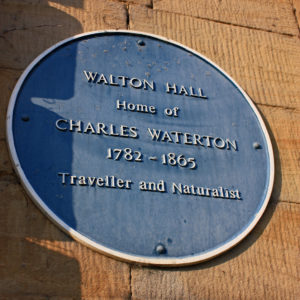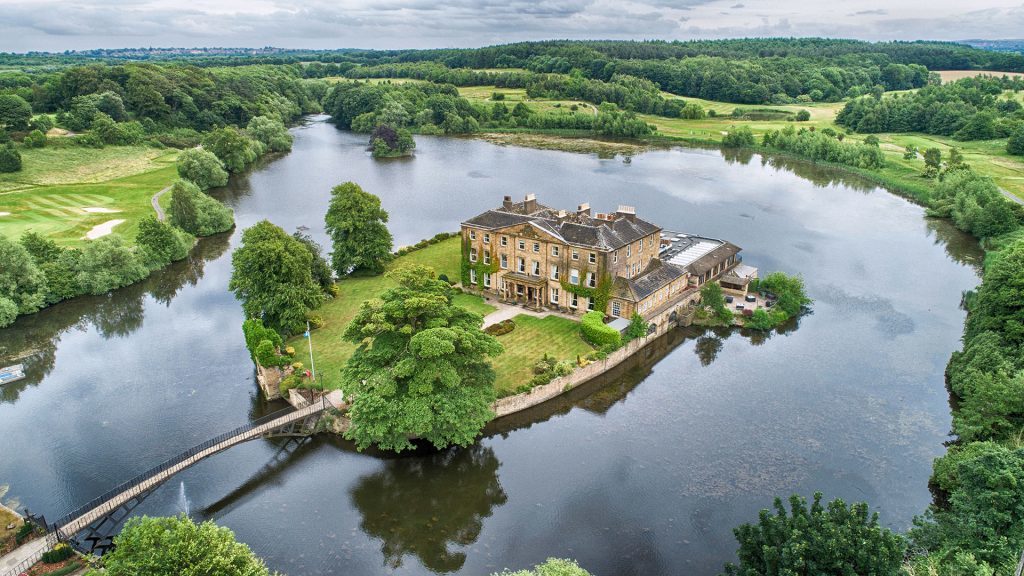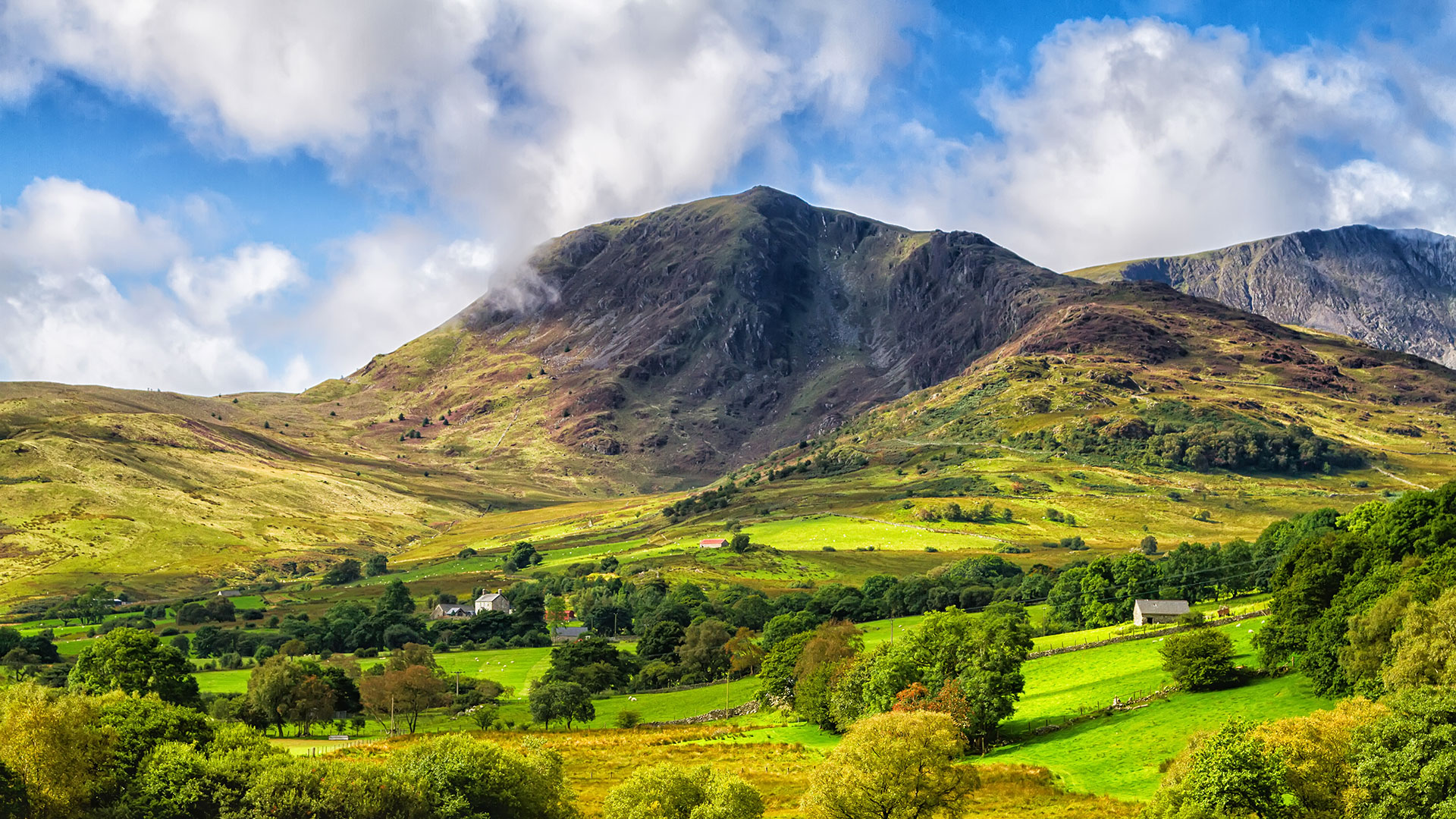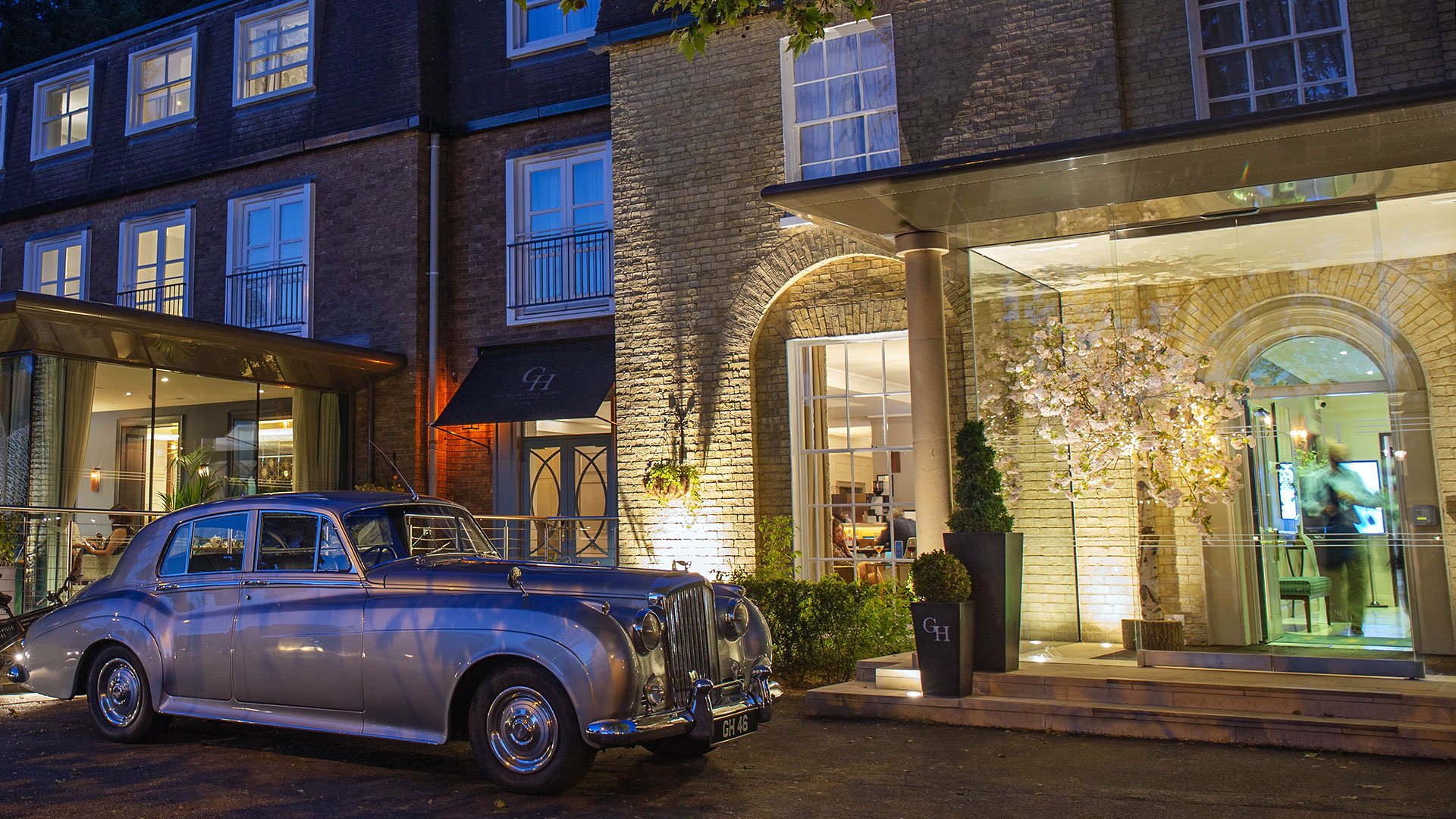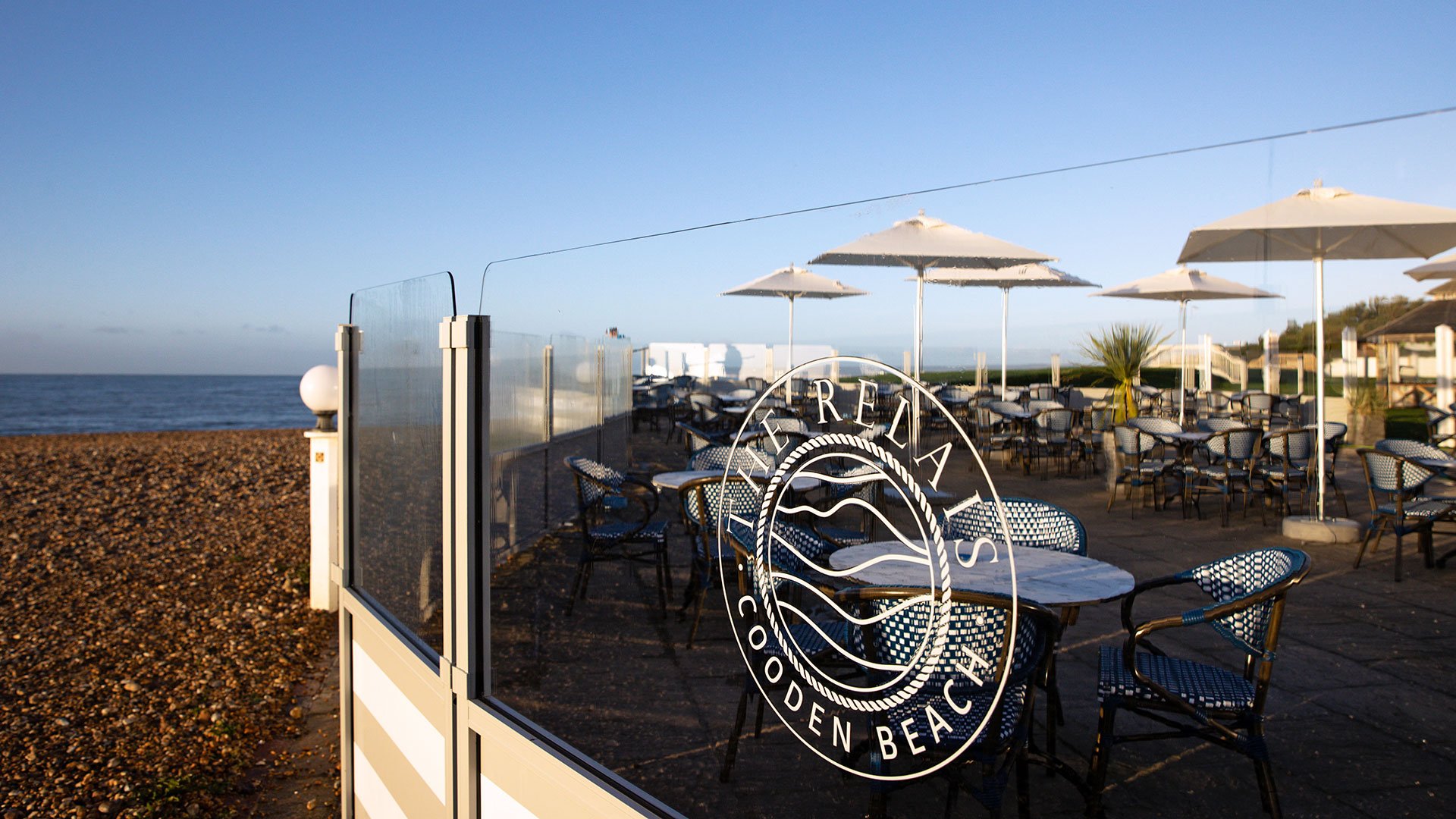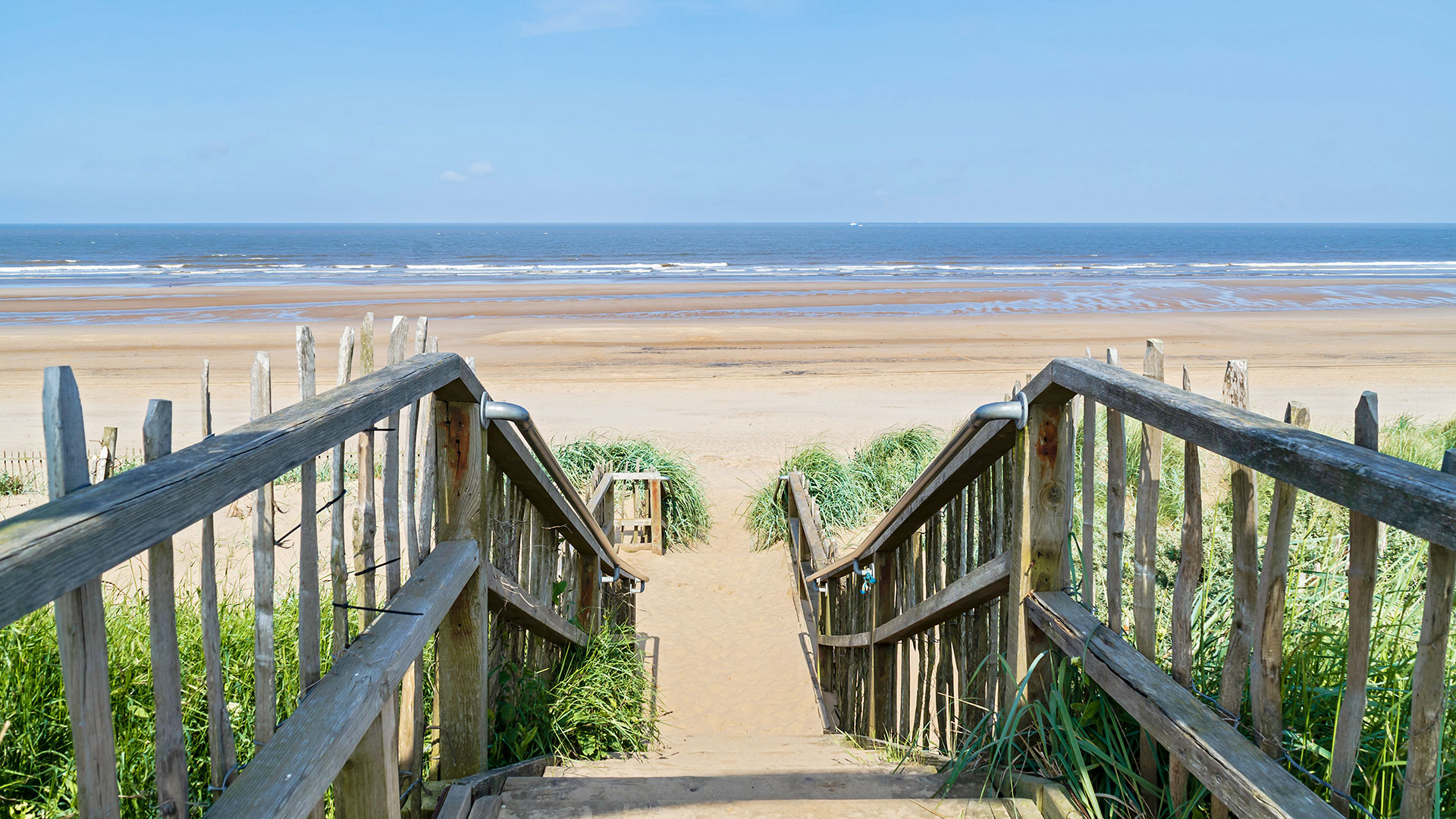Charles Waterton (1782-1865) – eco-warrior, explorer and Yorkshireman
Brexit, Donald et al. may obscure, perhaps only partially, an alternative, more unified picture – humankind’s epic endeavours and its giant leaps forward in our advancements and evolution as a species.
On July 20, 1969, Neil Armstrong and Buzz Aldrin took humankind’s first steps on another planetary body. Those were some intrepid first steps.
To mark the 50th anniversary of the first moon landing, we’re dusting off 10 lesser-known, delightfully eccentric facts about our very own intrepid explorer, Charles Waterton.
Great British naturalist and explorer, Charles is perhaps best known as a pioneering conservationist. Indeed, Walton Hall at Waterton Park Hotel was famously the world’s first bird wildlife sanctuary.
1. He was friends with Charles Darwin who often came to visit him at Walton Hall
2. He captured a Cayman on one of his many adventures by jumping on his back and tying his braces around its mouth
3. Half way up the drive is a hollowed out tree, which Charles Waterton would hide inside for many hours to bird watch
4. He climbed St Paul’s spire in Rome, and left his glove on the very highest point. On his return to ground, the authorities demanded that he climb back up to remove the glove, which he did
5. He slept with his foot out of the window hoping to attract the interest of Vampire bats who would bite his toe
6. When entertaining dinner guests he would often spend the entire evening mimicking a wild animal, moving on all fours, climbing over the tables and hanging from pieces of furniture
7. He was a benevolent man who would often open his estate to the villagers of Walton, providing them with refreshments throughout the day
8. The Waterton National Park in Western Canada, covering thousands of acres of unspoilt wilderness, is named after him
9. Even up to the day of his final accident, aged 82, he would often be found climbing trees or wandering for miles around his estate
10. Charles was well known for his naturalist work. He travelled to Europe, North and South America over some 30 years to bring back around 123 species of birds to Walton Hall
Whether it’s travels in the seemingly boundless cyberspace (Google search anyone?) or travels through the actually boundless outerspace, our desire to seek, to travel, has enabled and empowered human beings to not only survive but thrive on this star-orbiting rock that we call home.
It starts, of course, with someone envisioning the impossible. And then seeking, persevering, committing to make it a reality, something found. Exploring new places, discovering and experiencing new things – seeking is an essential part of what it means to be human, to be alive; irrespective of whether you’re an astronaut in outerspace like Tim Peake or an Instagram influencer in cyberspace like Huda Kattan.
What it means to travel is in one sense what it means to seek. When we travel, we hark back to our ancient past, our evolutionary memories or cerebral footprints.
You may not be tasked with exploring strange new worlds, but you can seek out new places just as remarkable and even unimaginable right here, on Earth, on these very Isles. Britain is a Chippendale cabinet chock-full of World Heritage Sites and areas of astonishing natural beauty. It’s a patched-and-polished travel trunk of customs, cultures and communities…
So here’s to packing your bags, here’s to setting off on a great British adventure. To endeavouring to experience, explore and make sense of the world, of the strange space we find ourselves spinning through. Here’s to seeking. Stay inspired #TravelSeeker
